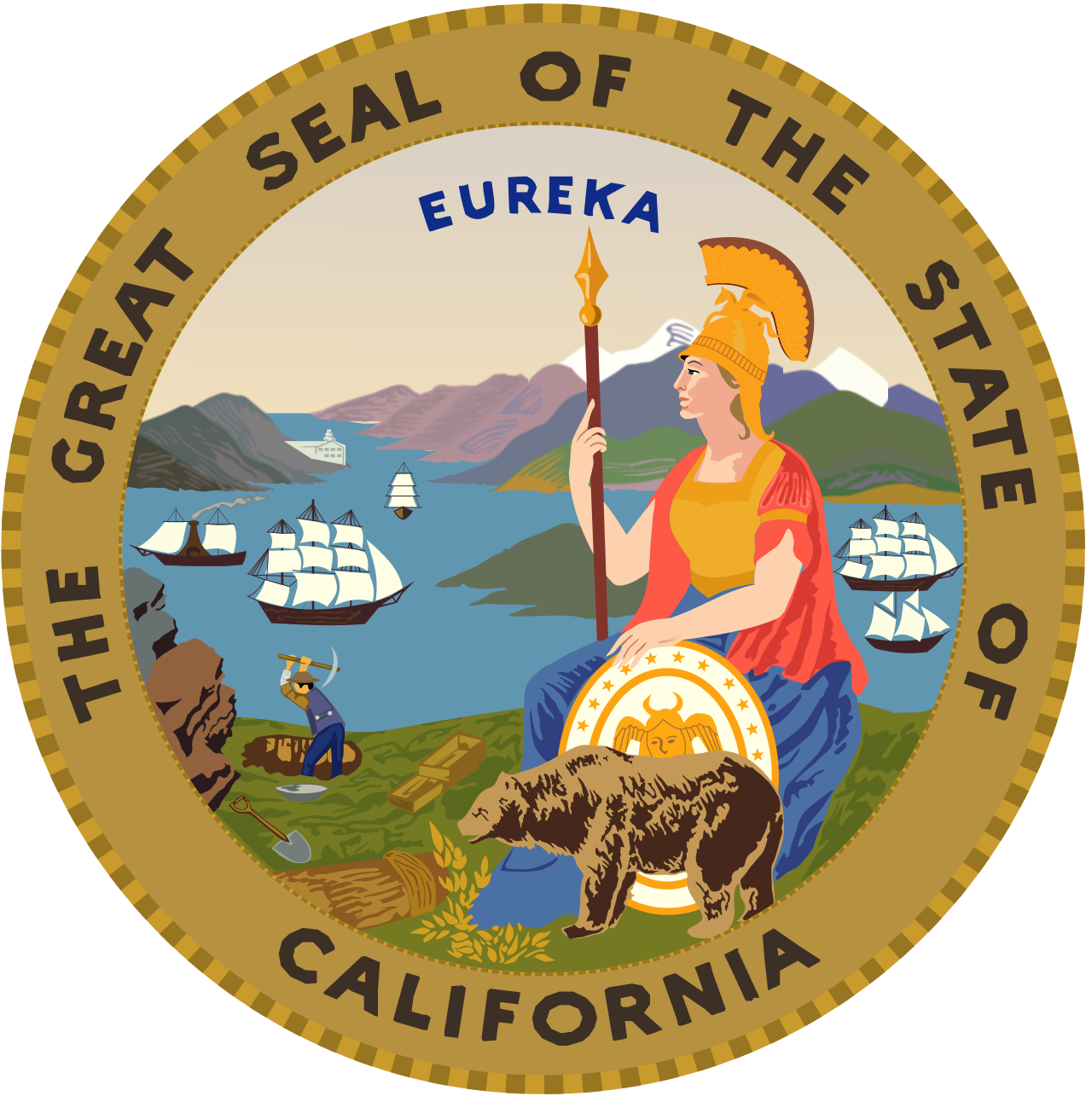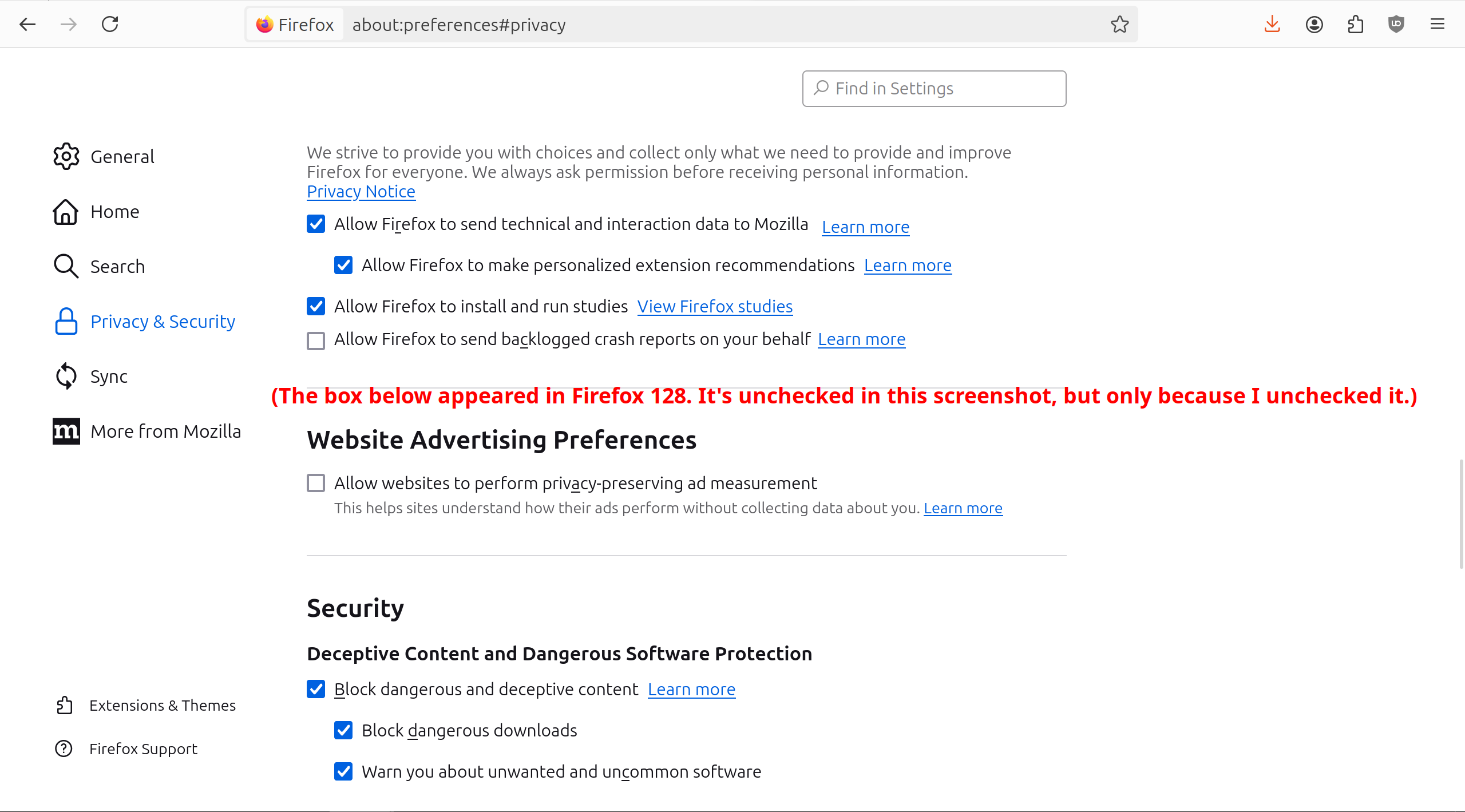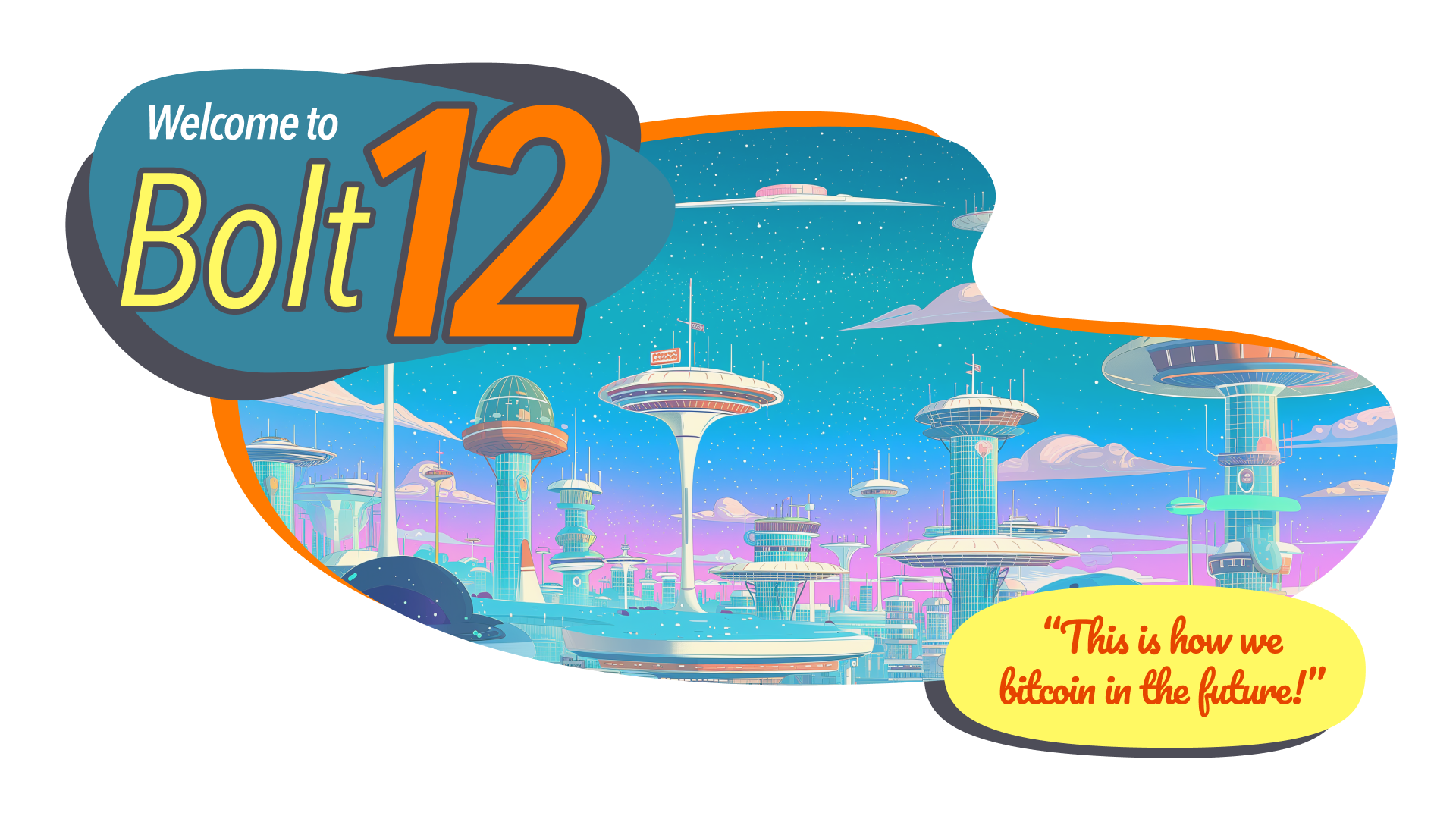- 106 Posts
- 320 Comments

 1·4 months ago
1·4 months agodeleted by creator

 2·4 months ago
2·4 months agoIn the last two months, Nostr users alone (decentralized twitter clone like Mastodon) sent each other 2.6 million tips (individual transactions) over Bitcoin lightning. In that same time period, Bitcoin main chain did around 20-40k. Most transactions are on lightning by number of transactions. Maybe not by total value moved, but lightning is pretty opaque and grants additional privacy, so it’s hard to measure for that reason.
Lightning continues to grow and get upgrades (look up BOLT12 if you are curious about the latest upgrades which bring additional privacy enhancements).


 121·4 months ago
121·4 months agoIt’s open source, and it’s fully self-custody which are two important features. Having a wallet directly integrated into the e-mail client is nice, being able to send payments to other users just knowing their e-mail address instead of their public key is pretty cool. It does automatic address rotation to preserve privacy. Wish it supported lightning for cheaper/faster transactions and additional privacy but hopefully that feature comes in time.

 2·4 months ago
2·4 months agoIt’s a self-custody wallet and open source. It’s regular main-chain BTC but it does automatic address rotation. Unfortunately it doesn’t support lightning, which is where the majority of Bitcoin transactions occur. Lightning offers significantly increased privacy, sub-second transactions and fees measuring in pennies.

 32·4 months ago
32·4 months agoPersonally very glad to see them roll out this feature. Bitcoin offers pretty decent privacy out of the box, especially with lightning. Like using any technology, using it in a fully private and anonymous way requires some attention to detail. The ability to send/receive BTC from other users knowing only their e-mail address is pretty cool. And the self-custody element is critical.

 4·4 months ago
4·4 months agoFirst they came for the custodial wallets

 11·4 months ago
11·4 months agoChat control was beat. This can be too. Contact your MEP, let them know this issue is important to you: https://www.europarl.europa.eu/meps/en/home

 21·4 months ago
21·4 months agoTrump has tried to distance himself from Project 2025, but it is clear that he supports and is supported[1] by Project 2025’s many authors[2] including his own press secretary and many members of his cabinet. He has, for example, called Project 2025 “our agenda”[4] and is personally mentioned hundreds of times in the document. By the Heritage Foundation’s own count, Trump already implemented a majority of their recommendations during his last term [3] and 81% of Project 2025’s authors held official appointments in his administration[5].
2 https://www.msnbc.com/opinion/msnbc-opinion/trump-project-2025-truth-social-rcna160774

 514·4 months ago
514·4 months agoYou’ll also lose primary voters. I voted in the primaries, there were multiple candidates, Biden lost the primary in American Samoa. If you throw away my primary vote by swapping in another anointed candidate, why would I ever vote in your primaries again? What is even the point? It’s like the DNC learned nothing from the debacle of them trying to squeeze Bernie out of the race (thank you Wikileaks for revealing their corrupt BS and causing reforms to the primary process). They lost a lot of voters doing that.
I hate the RNC, but if they are the only party that will respect my primary vote, they are the primary I will vote in next election. Dems switching primaries like this may produce a more moderate republican candidate, which is bad news for dems, since they won’t just be able to run on “The RNC is run by crazy christian fascists who want to take all your rights away”.
With whirlpool going out of biz, what coinjoin is there for btc?
There’s plenty for anybody who want to research. Coinjoin is a technique.
Doesn’t work when mempool fees are high
LN is disconnected from mempool, that’s the entire point of an L2. Your transactions don’t go on chain or in the mempool. Main chain secures the transactions, lightning stores the transactions. The main chain only stores the start and end balance of a lightning channel, that’s it.
Most people are forced/nudged into using custodial wallets
Their choice, some people will always prefer custodial options no matter how easy non-custodial ones are. LN works fine non-custodially, that’s how I use it. You move money from L1 to L2 in a single tx. Now you have a lightning channel that can have functionally unlimited transactions in it between you and anybody else on lightning. Transactions confirm in a second for pennies in fees.
LN was not designed to be a privacy tool. Bitcoiners tried to shoe-in that it is also a privacy tool
Privacy continues to enhance, look at the Bolt12 upgrades for example. But I agree, and Bitcoin can’t hold a candle to Monero’s level of privacy.

 13·4 months ago
13·4 months agoYou can’t outsmart supply and demand, period. No government ever has or ever will. Rent control doesn’t work, every economist agrees.
Rent control privileges existing tenants over new ones and doesn’t fix the supply problem. It incentivizes landlords to constructively evict tenants so they can re-rent at market rate instead of capped rate. Boneheaded policy which makes dems look bad. Voting for Biden but this is a dumb look.

 819·4 months ago
819·4 months agoThis just makes me like AOC even more

 2·4 months ago
2·4 months agoSSL cert is expired

 171·4 months ago
171·4 months agoCopyright is a classic case of “The few benefit at the expense of the many”. Ideas, medicine, innovation, culture, these should all be shared as widely as possible as quickly as possible to all of humanity. Especially when we can copy those things for no production cost unlike the times of the printing press. But somebody realized they could paywall it and get rich instead.
Copyright is an antiquated idea whose time has come to arrive on the chopping block. Any politician who aims to curtail or abolish copyright gets my vote.

 2·4 months ago
2·4 months agoPretty well established case law at this point. If it weren’t, you’d see Tor relay operators, small ISPs, etc being hauled into court constantly.

 1·4 months ago
1·4 months agoThere are no protections for me if I unknowingly let some stranger use me as a host or router for CP or some pedo shit. It’s not a risk I’m willing to take. There need to be legal protections in place, like there are for ISPs.
There are, at least in the US. That’s why running a Tor node is legal and so is a coffee-shop sharing their wifi to customers. They are not legally liable for actions of users, they are just routers.

 1·4 months ago
1·4 months agoMoving value around isn’t free. It takes money and energy and human time. Bitcoin is more efficient than the traditional banking system in many ways. You just don’t see headlines about how much energy is used by the stock market or remittance services because it’s not good clickbait. “BITCOIN IS BOILING THE OCEANS” however is novel and sounds good. But it’s just clickbait.
Bitcoin uses <1% of global energy, mostly from renewables, at off-peak times since it’s the cheapest energy. Miners have to use the cheapest energy (as mining is extremely competitive and low margin), so they don’t compete with regular energy users. What they do is even out demand curves, which ultimately incentivizes the addition of renewables to the grid by ensuring there will always be a buyer for the electricity. This keeps prices down for regular users as well, since they aren’t paying for un-used capacity. Proof-of-work is essential to Bitcoin’s security, other schemes have been attempted but do not stay decentralized as well, are less secure, and tend to lead to concentration of wealth.
That’s all to secure “main chain”, but a single main-chain transaction can open a lightning channel which can contain billions of transactions, none of which need to be mined, all of which settle in under a second for next to nothing in fees. Main chain “secures” these transactions but doesn’t need to actually process them, which means lightning transactions take about as much energy as sending an e-mail.
If you’re interested in learning more about Bitcoin’s energy use see https://endthefud.org/ or for a more friendly and less academic site see http://bitcoin.rocks

 1·4 months ago
1·4 months agoEach network has its own way of addressing this with pros and cons. Personally, idc, I don’t mind being a “router” in exchange for other computers “routing” to me. I don’t mind the idea of sharing my internet connection via wifi with my neighborhood, it should be a resource for all.
The cost of having open communication networks or free speech or privacy or any liberties is that people may use those liberties to do bad things, but I’d rather live in a world where we have liberties that sometimes get abused than in a world without liberties where those who control things get basically unlimited abuse of the same liberties we are not afforded.

 1·4 months ago
1·4 months agoOh. Well, to your credit, most of crypto is outright scams. But Bitcoin is not “crypto”. Bitcoin has a transparent supply and issuance schedule and has continued to grow for 15 years in a row whether you are measuring transaction volume, number of nodes, market cap, etc. Just because it hasn’t been in the news as much doesn’t mean stuff isn’t happening. It’s not controlled by any entity, board, corporation, or government, it’s just a money and payment system that enables you to send money across the globe in under a second for pennies in fees (thanks to the recent Lightning upgrades) with a cell phone and a halfway reliable internet connection. It never takes bank holidays and has operated 24/7 without a single hour of downtime or hack. Its market cap is bigger than Sweden’s GDP, it moves billions of dollars of value every year.
25% of Americans own crypto of some kind, most have a Bitcoin-compatible wallet on their phone (Venmo, Cash App, Strike, Paypal). The SEC approved the first Bitcoin ETF this year. Big banks are investing in it because they see use and potential. But if you think it’s a scam or a bubble or whatever maybe on year 16 you’ll finally be right!










You can make as many Bitcoin addresses as you want. You can look up an addresses balance but not a wallet’s balance. It’s not as clear as you’re making it sound.
Bitcoin over Lightning is much, much more opaque, and it’s where the majority of Bitcoin transactions are now occurring. You can’t look up somebody’s balance. The only people who know about the transaction are you, the recipient, and any intermediary nodes used to forward the transaction. Privacy is continuing to improve on lightning and main chain.